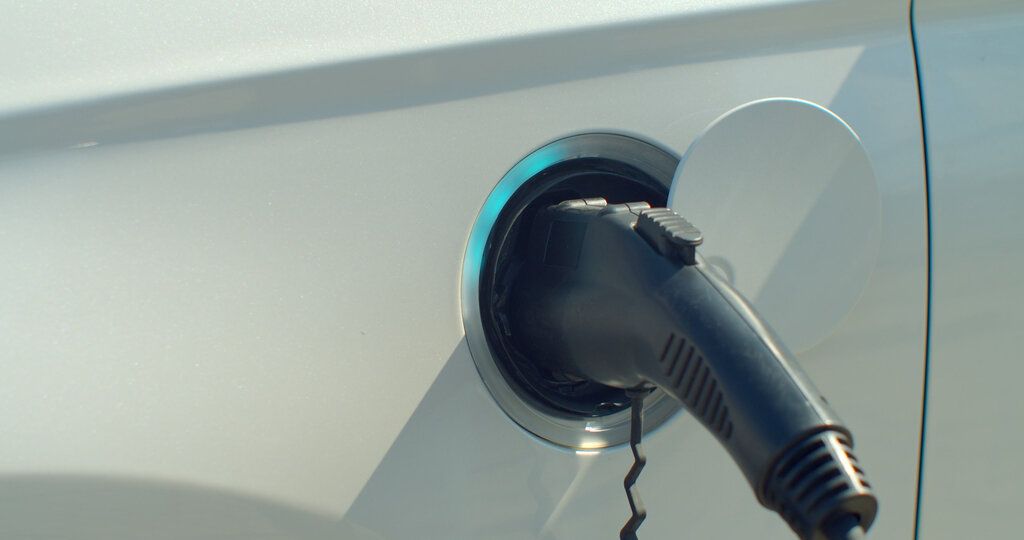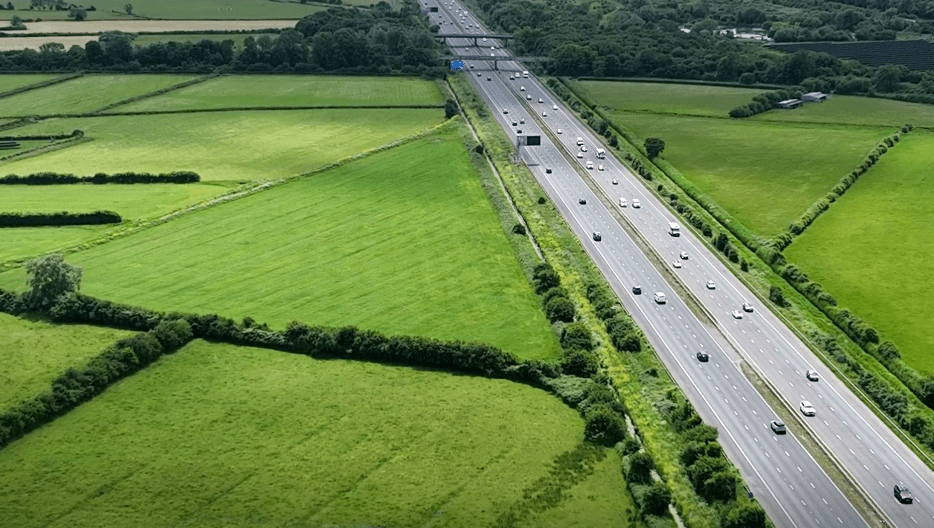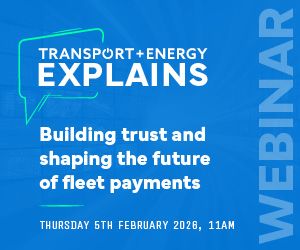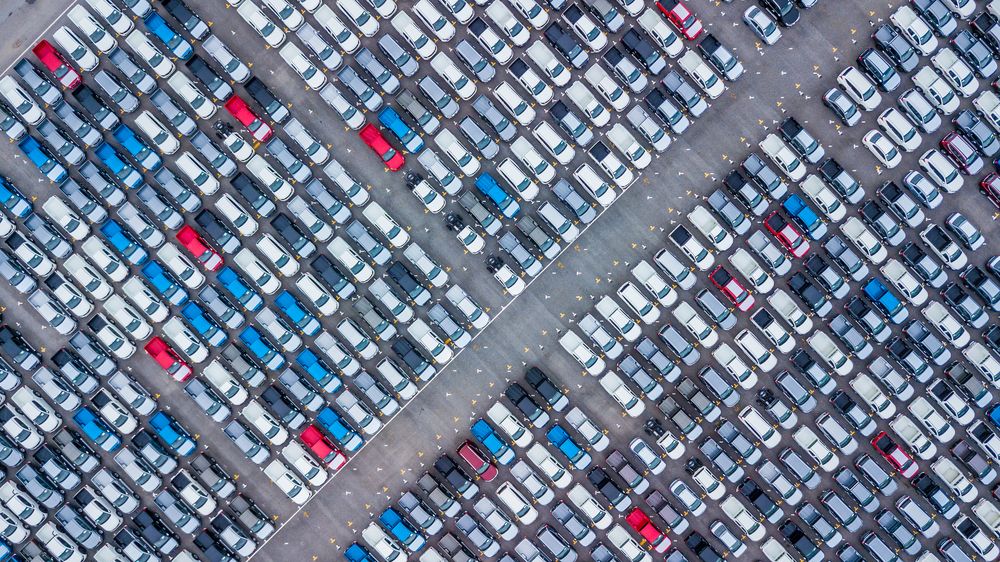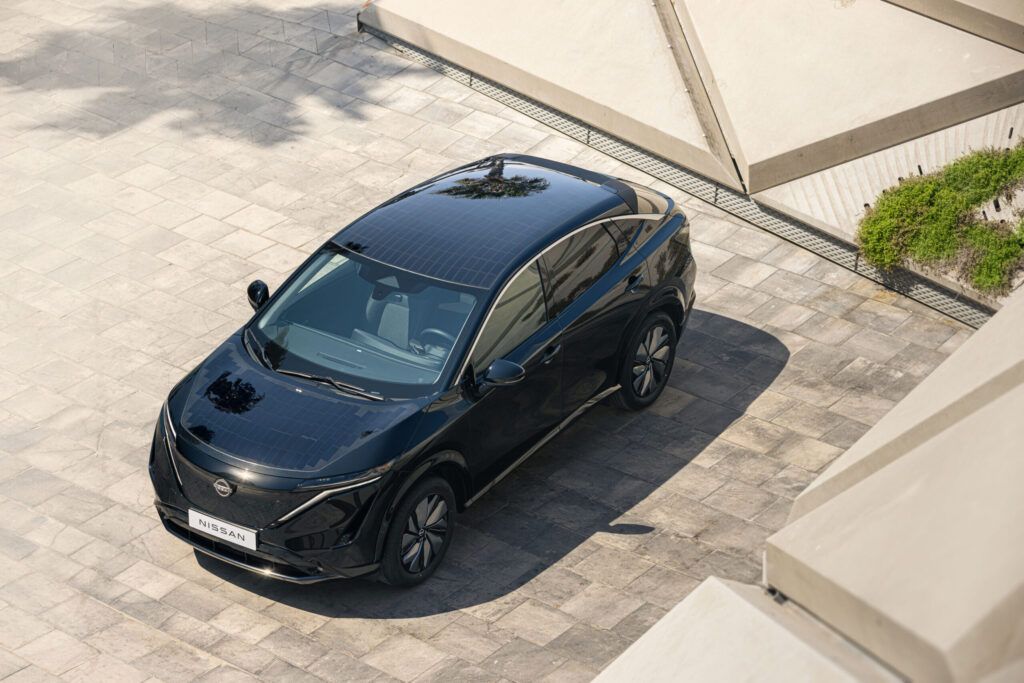Electric vehicle (EV) drivers in the south are being charged over a quarter (28%) more than those in the north to top-up their cars using the cheapest council owned chargers, according to research commissioned by British Gas.
It costs drivers in the South (East Anglia, London, the South East and South West of England) 32p per kWh to recharge compared with just 25p per kWh for people in the North (Wales, the Midlands, the North East and North West of England and Yorkshire & The Humber), based on the average price of the cheapest council owned chargers in each area.
The research shows that there are 21 councils across England and Wales, including Leeds, Bridgend and Woking, where it is completely free to charge your electric vehicle using council owned public chargers.
However, there are drivers in other areas who are charged up to £4.00 for every hour. According to the research, in councils where public charging is this expensive, the number of people switching to electric may start to fall behind other areas as the driving population moves from early to mass adoption.
Award-winning motoring broadcaster and transport campaigner Quentin Willson recently launched a new EV and charging campaign which will lobby the government for fair charging, infrastructure and promote a wider understanding of electric cars. In an exclusive interview with Transport + Energy, for whom Quentin writes an exclusive column and sits on the editorial board, he laid out his reasons for launching the FairCharge campaign – and revealed that he recently wrote to the Treasury to demand they reduce the VAT rate levied at public EV chargers from 20% to 5%.
The research commissioned by British Gas under a Freedom of Information request to over 400 councils shows that drivers in the South are being charged over a quarter (28%) more than those in the North to top-up their electric cars using the cheapest council owned chargers.
Although drivers in the South may have access to 1,468 more on-street charging points than their Northern counterparts, it seems they are having to pay more to use them.
Despite this, drivers remain keen to switch to greener models, as the research reveals that half (49%) would consider purchasing an electric vehicle as their next car. However, almost one in three (29%) named expensive public charging costs as one of the biggest barriers to switching to an EV, alongside the outlay for the car and the fact that government incentives do not cover enough of the costs.
More than two in five (42%) drivers are put off switching as they are concerned about the time it takes to charge, so access to fast chargers needs to improve across the UK. The investigation shows that it will cost drivers in the South over 10% more to use the cheapest council owned fast chargers than those in the North (32p vs 29p per kWh respectively).
The problem is worse for any drivers without a driveway. With no access to home charging they are reliant on public charging infrastructure, which makes the economics of switching to electric unfeasible. Out of drivers who do not have a driveway or off-street parking, just 7% already have an EV, less than a quarter (24%) are considering switching but over half (53%) are not considering purchasing an EV at all.
Drivers are confused about the information available on EVs, with three in five (60%) saying they feel there is a lack of information on both public and home charging costs. A huge number of motorists said that they didn’t know that charging costs vary depending on location (60%), between different speed chargers (56%), between different public charging operators (55%) and between public vs home charging (53%), with more than half (51%) saying that clearer information on charging costs would help more people to make the switch.
Out of all the regions in England and Wales, the West Midlands is leading the way by making public charging more financially accessible to all, costing 20p per kWh to charge on average using the cheapest council owned chargers available. The East Midlands is the next cheapest region to charge, at 22p per kWh, on average.
Two of the home nations, Scotland and Northern Ireland, go further and are home to government mandated, subsidised and maintained public EV charging infrastructure: the ChargePlace Scotland and ecarNI networks, offering free or heavily discounted charging.
| Region | Cost to charge p/kWh using cheapest public chargers available |
| West Midlands | £0.20 |
| East Midlands | £0.22 |
| North West | £0.22 |
| Wales | £0.24 |
| South East | £0.25 |
| London | £0.26 |
| North East | £0.28 |
| Yorkshire & The Humber | £0.31 |
| East of England | £0.40 |
| South West | £0.63 |
However, prices do vary per council. The new data reveals the most expensive public chargers are within Bournemouth, Christchurch and Poole (BCP) council on the south coast and Cotswold council in the South West.
Top 5 most expensive public chargers available:
| Council | Cost to charge p/kWh using most expensive public charger available |
| Bournemouth, Christchurch & Poole | £4.00 (ultra-rapid) |
| Cotswold | £4.00 (fast) |
| Harrogate | £3.50 (rapid) |
| Uttlesford | £3.30 (rapid) |
| Cotswold | £3.10 (rapid) |
Many drivers may be shocked to learn of regional pricing disparities, as more than one in three (34%) expect charging costs to be the same in the North and the South. A huge 58% went on to say that they think that the government needs to invest money into public charging infrastructure in all regions of the UK equally to support the levelling up agenda.
Commenting on the research which has highlighted stark regional inequalities for charging costs Lucy Simpson, Head of EV Enablement at British Gas says:
“The latest figures released today demonstrate the need for all UK councils to play their part in supporting the transition to Electric Vehicles. Currently, we have 21 progressive councils that have decided to support local EV adoption, so we would expect a greater uptake of EVs to come through in these areas than in councils where it is expensive to charge. If charging doesn’t become more accessible in these areas, we could see a slower rate of adoption.
“Whilst the government does offer certain financial incentives at the point of purchase, charging costs are still a barrier to electric vehicle adoption. With 29% of drivers citing expensive public charging as one of the main reasons holding them back, it’s unfair that those who don’t live in areas with either free or low cost charging are being discriminated against based on their address. If this continues, we risk leaving a huge number of drivers behind in the transition to electric cars.
“This especially affects those without a driveway or off-street parking, who are forced to pay over the odds to charge. While at the moment, we are advising drivers to stick with their current energy providers due to the cost of wholesale energy, in the medium term home charging systems, such as the Hive EV charging, and electric vehicle specific tariffs will be the most cost-effective and convenient way to charge. What’s more this is invariably the most green method of charging as it makes use of overnight renewable energy.”
Image courtesy of Shutterstock.



